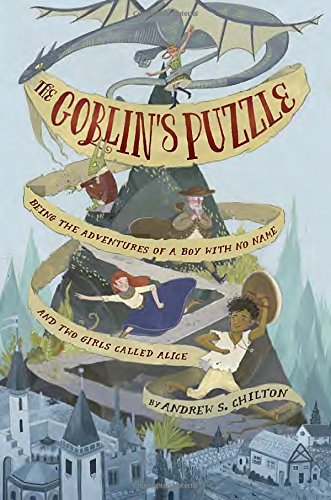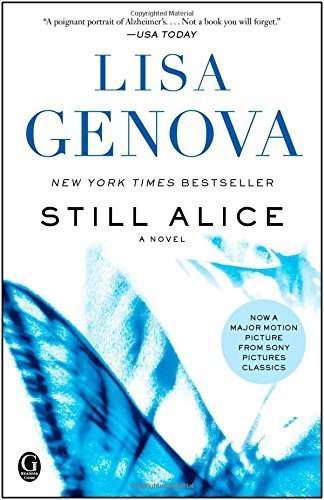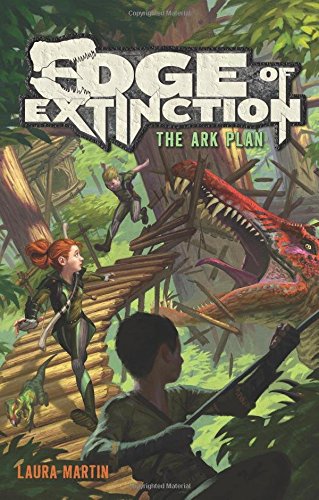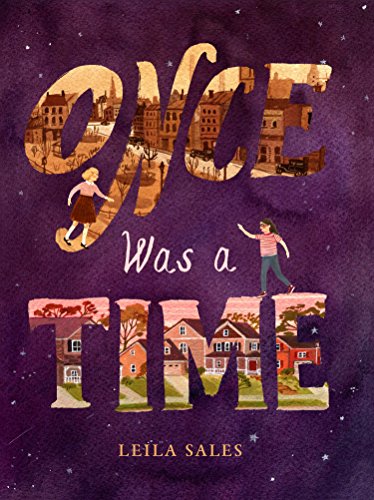“Doesn’t a little part of you want to be involved in a secret, high-risk plan that’ll have disastrous consequences if it fails? Everyone needs to do that at least once in his life.” ~The Secrets of Solace by Jaleigh Johnson.
“You must step inside a world to see it honestly. A passing glance won’t do.” ~Furthermore by Taheri Mafi.
“The first step in the path to knowledge is very simple: open a book.” ~The League of Beastly Dreadfuls: The Dastardly Deed by Holly Grant.
“If you don’t forgive yourself for making a mistake, then you get so that you never want to admit that you made one.” ~This Is Not a Werewolf Story by Sandra Evans.
“Lots of things are impossible, right up until they’re not.” ~Waiting for Augusta by Jessica Lawson.
“It’s always better to be in rooms you can get out of easily, if you need to.” ~The Wrinkled Crown by Anne Nesbet.
“You should be polite to people on general principle, of course. But if you happen to be wandering through a magical land, and a little old lady asks you for help, you should be extremely polite to her, just in case. Otherwise you may well wake up with earthworms falling out of your mouth whenever you talk, or various other suitably awful fairy punishments.” ~Hamster Princess: Of Mice and Magic by Ursula Vernon.
 “When thoughts wiggle their way in, sometimes it can be very difficult for them to wiggle out again.†~A Clatter of Jars by Lisa Graff.
“When thoughts wiggle their way in, sometimes it can be very difficult for them to wiggle out again.†~A Clatter of Jars by Lisa Graff.
“Sometimes things work out differently than you expect, and sometimes that’s when the best things happen. And sometimes a jumble straightens everything out in the end.” ~The Adventures of Miss Petitfour by Anne Michaels.
“To have power without the proper vision of how to use it makes one blind. Greed makes one blind. Fear makes one blind. It is difficult to see when you walk in darkness.” ~Behind the Canvas by Alexander Vance.
“. . . if you only try the things you believe you can do, you’ll only accomplish the things you already knew you could do. But if you give yourself permission to fail, you’re free to try the things that seem completely beyond your reach. And that’s when magic happens.” ~Gears of Revolution by J. Scott Savage.
“Hope is an excellent and necessary thing to have in this world. Hope and bread and good friends.” ~Grayling’s Song by Karen Cushman.
“Some mistakes need to be made. Sometimes we have to fall down before we can stand up.” ~Red by Liesl Shurtliff.
” . . . you should never give up. Unless, of course, you’re doing something wrong, in which case you should give up entirely.” ~Red by Liesl Shurtliff.
“Magic is not the answer. Magic may be convenient, brilliant, even dazzling, but it is not the answer.” ~Grayling’s Song by Karen Cushman.
 “It is hard for a goblin and a human to be friends. Goblin honor and human honor are so very different.” ~The Goblin’s Puzzle by Andrew S. Chilton.
“It is hard for a goblin and a human to be friends. Goblin honor and human honor are so very different.” ~The Goblin’s Puzzle by Andrew S. Chilton.
“Fiction. . . That’s another word for lies. Like stories about jellyfish and the Olympics.” ~The Lost Compass by Joel Ross.
“Remembering is a powerful thing.” ~Ollie’s Odyssey by William Joyce.
“You have to be careful of men who love danger.” ~The Skeleton Tree by Iain Lawrence.
“Being a writer is not easy, you know. It is, now that I think of it, either full of sorrow or full of joy.” ~The Poet’s Dog by Patricia MacLachlan.
“Sometimes the burdens we lay on others’ shoulders remain long after they are free to drop them.” ~The Eye of Midnight by Andrew Brumbach.
“Perhaps you have heard the famous bit of wisdom about how the breaking of an omelet requires the breaking of eggs? This philosophy, while technically true, does not account for the fact that omelets are universally disappointing to all who eat them—equal parts water and rubber and slime. Who among us would not prefer a good cobbler or spiced pudding?” ~Sophie Quire and the Last Storyguard by Jonathan Auxier.
“It is lamentably common among chivalrous sorts that they are more intent on defending a woman’s honor than listening to the wishes of said woman.” ~Sophie Quire and the Last Storyguard by Jonathan Auxier.
“A world without stories is a world without magic.” ~Sophie Quire and the Last Storyguard by Jonathan Auxier.
“There are ways forward, and then when those ways are closed, there other ways around, and when the trail breaks off or fades out, there are still other secret ways, always.” ~The Wrinkled Crown by Anne Nesbet.
“Stories [are] much more than words on a page. Stories [live] inside those who read them.” ~Sophie Quire and the Last Storyguard by Jonathan Auxier.
 “Should you ever be so lucky as to encounter an author in your life, you should shower her or him with gifts and praise.” ~Sophie Quire and the Last Storyguard by Jonathan Auxier.
“Should you ever be so lucky as to encounter an author in your life, you should shower her or him with gifts and praise.” ~Sophie Quire and the Last Storyguard by Jonathan Auxier.
“The most priceless possession of the human race is the wonder of the world. Yet, latterly, the utmost endeavors of mankind have been directed towards the dissipation of that wonder . . . Nobody, any longer, may hope to entertain an angel unawares, or to meet Sir Lancelot in shining armor on a moonlit road. But what is the use of living in a world devoid of wonderment?” ~Kenneth Grahame, epigraph at the beginning of Sophie Quire and the Last Storyguard by Jonathan Auxier.
“Not only is the Universe stranger than we think, it is stranger than we can think.†~Werner Heisenberg, Across the Frontiers, quoted in My Diary from the Edge of the World by Jodi Lynn Anderson.
“[I]t is our actions that determine who we are. Not our genes. Not who our parents may or may not be, but our own choices.” ~Time Stoppers by Carrie Jones.
“Follow your own heart! People always say that. They mean well, I’m sure. But sometimes, we need to overrule our hearts. We need to be brave. We need to be kind because we should, not because it’s easy.” ~Every Single Second by Tricia Springstubb.
Stay tuned for the second installment of “Middle Grade Book Wisdom, 2016”. It wouldn’t all fit into one post.
 The Evil Wizard Smallbone by Delia Sherman.
The Evil Wizard Smallbone by Delia Sherman. The Chequer Board by Nevil Shute.
The Chequer Board by Nevil Shute.










